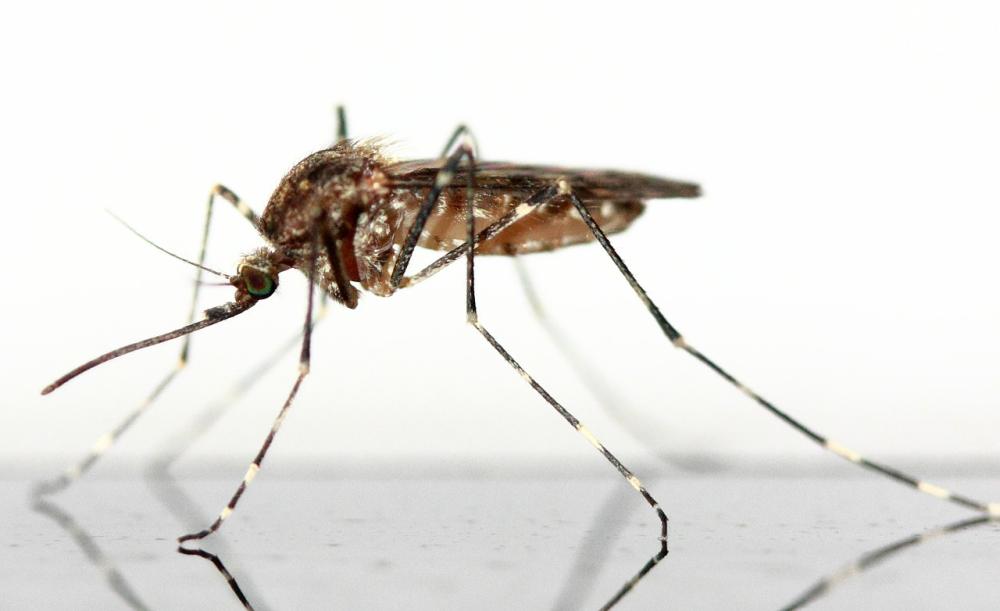EEE risk ‘moderate’ in Wareham, parts of Plymouth County
Wareham and five other Plymouth County municipalities are at a “moderate” risk of Eastern equine encephalitis, also known as EEE, after a mosquito in Carver was found carrying the disease on Sunday, June 30.
Middleboro, Carver, Kingston, Plymouth and Plympton are also at “moderate” risk of EEE, according to the Massachusetts Department of Public Health. Data collected by the Department shows every other municipality in the state either has a “low” or “remote” risk of the disease.
Eastern equine encephalitis is a rare and potentially fatal mosquito-borne illness that can affect people of any age, according to the Department of Public Health. There were 12 human cases of EEE in Massachusetts in 2019 with six deaths; in 2020, there were five human cases and one death.
“The last EEE outbreak cycle in Massachusetts occurred in 2019-2020 and since then, there have been no human cases of EEE reported in the state,” said Massachusetts Public Health Commissioner Robbie Goldstein.
According to State Epidemiologist Catherine Brown, early detection of EEE can lead to a riskier summer.
“EEE activity in Massachusetts tends to occur in outbreak cycles,” said Brown. “When EEE is found in mosquitoes like this at the start of the season, the risk may increase throughout the rest of the summer. We rely on our mosquito surveillance program to monitor for the presence of virus to let people know when and where the risk is occurring.”
This year’s discovery of EEE on June 30 is the earliest it has been detected since at least 2014, according to data collected by the Massachusetts Department of Public Health from 2014 to 2020.
When spending time outdoors this summer, the Department of Public Health recommends wearing insect repellent, long sleeves, pants and socks. The hours of dusk until dawn are “peak mosquito hours” according to the state, and standing water left outdoors can be a literal breeding ground for mosquitos.















